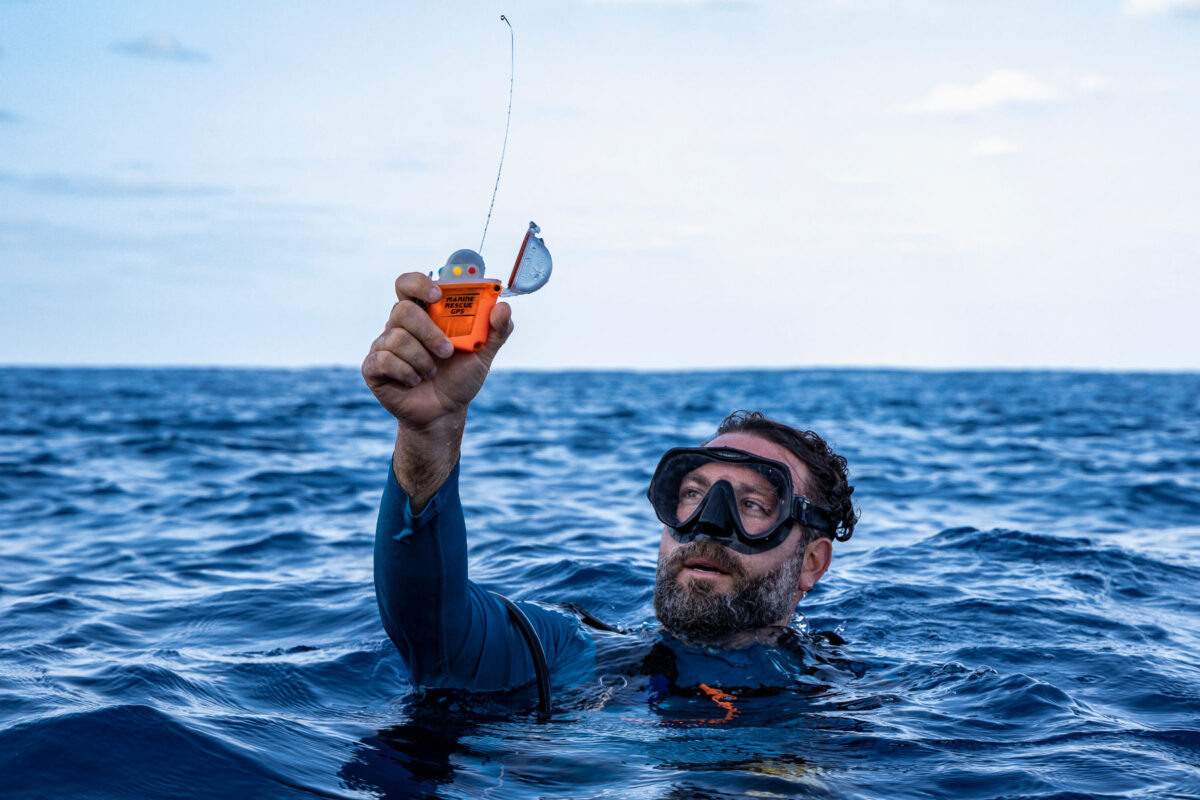
Notice to LifeLine Users in Some European Countries
Out of 195 countries worldwide, the following information may be relevant to LifeLine users in 17 or more European countries.
Starting January 1, 2025, the ECC/DEC/(22/02) regulations will come into effect, with some European countries adopting them while others may not.
This regulation will not impact usage of the Marine Rescue GPS outside of Europe.
Which countries does ECC Decision ECC/DEC/(22)02 affect?
This decision applies to all CEPT (The European Conference of Postal and Telecommunications Administrations) member countries. Each country decides whether to adopt or reject it, leading to variations in enforcement across member states.
For an up-to-date list of the countries and their decisions, please follow this link:
https://docdb.cept.org/implementation/28560
ECC Decision ECC/DEC/(22)02
This new regulation requires that all AMRD (Autonomous Maritime Radio Devices) must be Class M compliant, with the goal of enhancing the safety of navigation and to ensure the integrity of the global maritime distress and safety system (GMDSS).
A Class M device must be capable of both transmitting and receiving DSC (Channel 70, 156.525 MHz), as well as transmitting AIS channel 1 (161.975 MHz) and 2 (162.025 MHz).
While the Marine Rescue GPS transmits DSC and AIS, it does not have a DSC receiver, and as a result is not Class M compliant.
As of January 1, 2025, only Class M compliant devices will be permitted to operate on AIS Channels 1 and 2.
Safety of Life at Sea
We would like to bring your attention to the International Convention for the Safety of Life at Sea (SOLAS) in the section below.
The SOLAS convention was first adopted in 1914 and has been updated numerous times to the current version which is in force today. Regulation 1, Clause 3 of the International Convention for the Safety of Life at Sea states that:
“No provision in this chapter shall prevent the use by any ship, survival craft or person in distress, of any means at their disposal to attract attention, make known their position and obtain help.”
There has been no change to this regulation, which also states that:
“The master of a ship at sea, on receiving a signal from any source that a ship or aircraft or survival craft thereof is in distress, is bound to proceed with all speed to the assistance of the persons in distress.”
Impact on Nautilus LifeLine owners in affected countries
Ownership and importation remain unaffected
Owners in countries adopting the regulation can still legally possess and import the Nautilus LifeLine. The regulation does not restrict ownership or prevent the device from being brought into affected regions.
Emergency use remains unaffected
Even in countries adopting ECC/DEC/(22)02 the SOLAS Convention is the most important treaty concerning maritime safety. Ensuring that emergency signals sent in life-threatening situations are prioritized and permissible to ensure safety at sea.
Non-emergency “Position Advisory” function is prohibited
The Nautilus Marine Rescue GPS does not comply with Class M regulations. As a result, using the device to send location updates to nearby vessels for convenience or coordination is prohibited in affected countries.
Unchanged use outside affected countries
In countries that do not adopt the regulation, there are no restrictions on either the emergency or non-emergency functions of the device.


